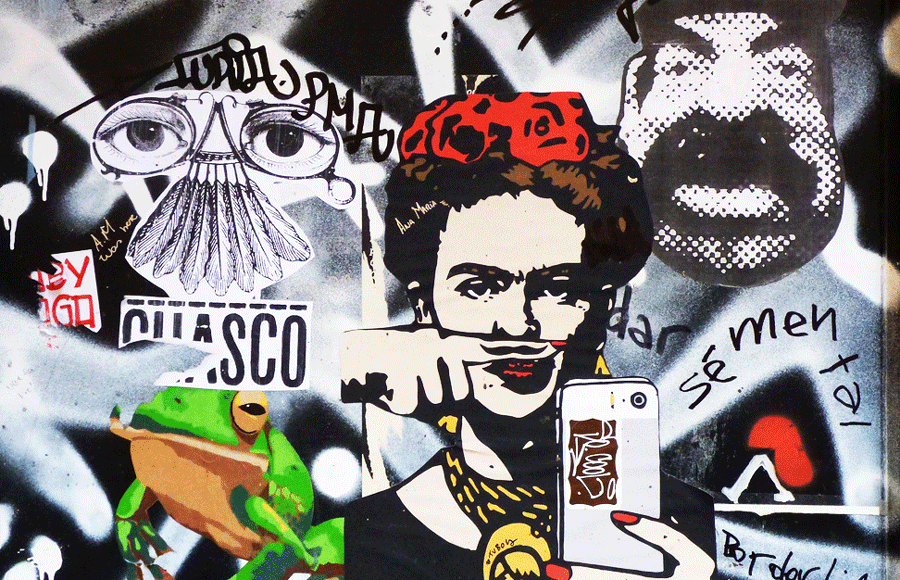RGS-IBG Annual International Conference 2017
AFTER URBAN CREATIVE ECONOMIES
London, 1 September 2017
The creative economy continues to inform activity outside de-industrialised urban centres. In this session at the 2017 RGS-IBG annual conference we will explore how the creative economy persists.

From the late 1980s to the late 2000s, the creative economy was paradigmatic in urban policy. Through the work of Florida, Landry, Harvey and Peck – among numerous others – the creative city and its myriad derivations and variations, were promoted, assessed and critiqued.
These often focussed on urban centres in deindustrialised economies and tended to be at least notionally arts-led. In practice these interventions were usually directed and funded through top down creative and cultural policy initiatives, informed by a cadre of cultural policy consultants and advisors. The fashion for such activity – at least in larger/more prominent urban centres – has been diminished by its overexposure, questionable returns on investment, political reorganisation and the economic hardships imposed by the financial crisis. Particularly in the UK, we have arguably entered a period of ‘post-urban policy’ (Wilks-Heeg, 2016: 21) in which national frameworks for creative economy activity have been removed.
However, the creative economy continues to inform activity outside deindustrialised urban centres, responding to these diverse spatial contexts in distinct ways and often adopting bottom-up/self-organised structures. In this session we explore how the creative economy persists, with paper presentations that engage with themes including:
- The creative economy in non-urban spaces, such as suburban, rural or coastal settings
- Craft and design-led creative economies
- Alternative organisational and funding models
- Co-working and maker spaces
- Sustainable creative economies
The RGS-IBG Annual Conference 2017 takes place in London between 29 August –1 September. More details can be found here on the RGS website.
References
Wilks-Heeg, Stuart, 2016. Urban policy and communities. In: Dave O’Brien and Peter Matthews, eds. After urban regeneration: communities, policy and place. Briston: Policy Press, 9–26.
Related
CUSP researchers Kate Oakley and Jonathan Ward are guest editors of an upcoming edition of Cultural Trends. In exploring how the idea of the creative economy persists since the 1980s, papers are invited that engage with the topic on a social, political, economic and/or organisational level. Closing date for submissions: 1 Nov 2017

